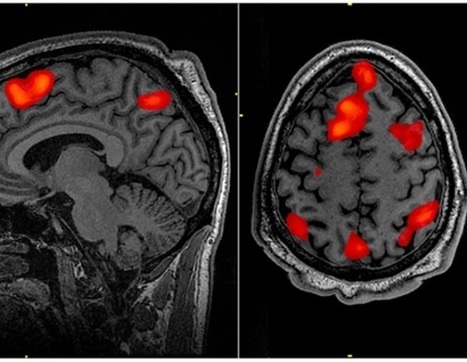The Zika virus could shrink tumors in a childhood cancer that makes up one in seven cancer deaths, a study from researchers at Nemours Children's Health in Florida suggests. Scientists are hoping to turn a deadly African virus into a therapy for a deadly childhood cancer. The Zika virus is a mosquito-borne infection that reduces levels of a protein which forms in excess levels in patients with certain cancers. A team of researchers in Florida has shown that, in mice at least, it can can wipe out tumors known as neuroblastomas, which make up one in seven childhood cancer deaths and form in the nerve cells as children develop.
Research and publish the best content.
Get Started for FREE
Sign up with Facebook Sign up with X
I don't have a Facebook or a X account
Already have an account: Login
Virus World provides a daily blog of the latest news in the Virology field and the COVID-19 pandemic. News on new antiviral drugs, vaccines, diagnostic tests, viral outbreaks, novel viruses and milestone discoveries are curated by expert virologists. Highlighted news include trending and most cited scientific articles in these fields with links to the original publications. Stay up-to-date with the most exciting discoveries in the virus world and the last therapies for COVID-19 without spending hours browsing news and scientific publications. Additional comments by experts on the topics are available in Linkedin (https://www.linkedin.com/in/juanlama/detail/recent-activity/)
Curated by
Juan Lama
 Your new post is loading... Your new post is loading...
|
|











